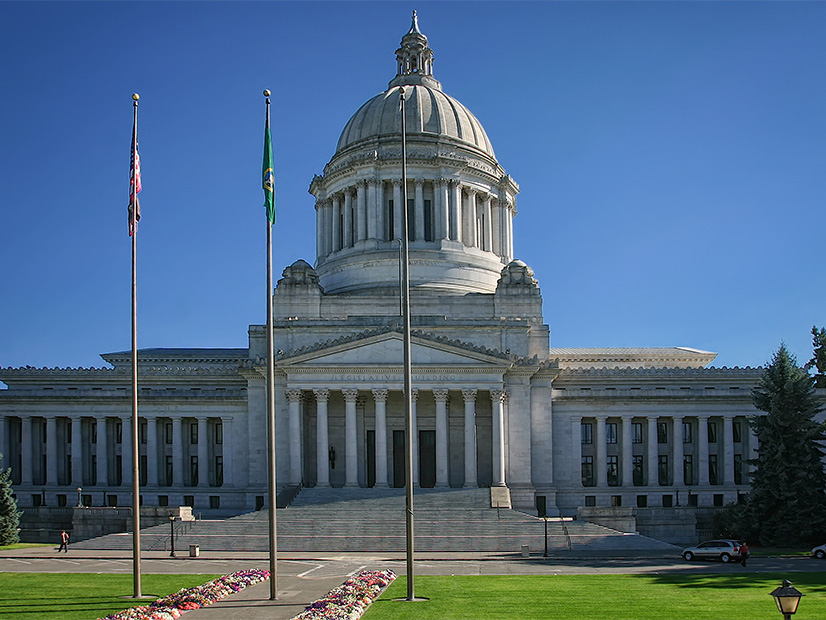
The Washington Senate passed a bill Tuesday to require all “major” new publicly owned or leased buildings to be designed with all-electric energy systems in mind.
The House-originated bill (HB 1280) now goes to Gov. Jay Inslee for his signature.
The bill by Rep. Alex Ramel (D) passed the Senate 29-20, mostly along party lines. Ramel introduced the bill in 2021, when it passed the House but did not receive a Senate vote before the session ended. It sailed through the legislature unchanged this year.
As a greenhouse gas measure, the legislation requires that designers of public facilities with greater than 25,000 square feet of usable space, including schools, to consider all-electric systems and at least one renewable energy or combined heat and power system in their work. The bill also requires that these designs should include life-cycle cost analyses, the guidelines for which will be created by the Washington Department of Enterprise Services.
On Tuesday, Sen. Reuven Carlyle (D) and his chamber’s leader on environmental issues said, “We know that public leadership on this is important.”
In response, Sen. Shelly Short (R) and the GOP’s Senate leader on environmental issues, said the bill starts a slippery slope toward future actions, which she did not define or elaborate upon. “This seems like a piece that worries me as we go down the road,” Short said.
Sen. Mark Schoesler (R) framed his “no” vote as a protest against environmentalist efforts to tear down the four hydroelectric dams on the Snake River as a salmon recovery measure. He said it is wrong to require all-electric systems at the same time that hydroelectric dams are being targeted.
While breaching the dams has been discussed in the past two years — as well as off and on for the past 30 years — no solid studies or efforts have advanced beyond the speculation stage.


